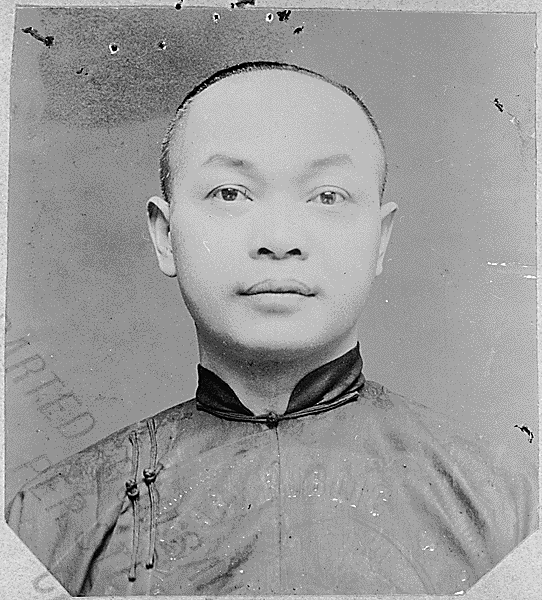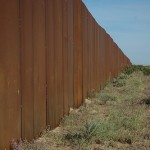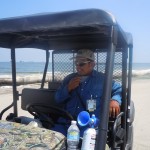
Wong Kim Ark, subject of a federal immigration investigation case conducted under the Chinese Exclusion Act (1882-1943) of the United States.
The evolving fracas swirling around illegal immigration is currently focused on the 14th Amendment to the U.S. Constitution and the young people disparagingly called “anchor babies.” It’s not the first time the birthright citizenship clause of the 14th amendment has been in dispute. 112 years ago, the Supreme Court took on the case of United States vs. Wong Kim Ark.
Wong Kim Ark was born in San Francisco at some point between 1868 and 1873 to Chinese immigrant parents who were not U.S. citizens. Wong’s parents returned to China in 1890, but Wong stayed in California, where he was working as a cook. After a little while, Wong decided to travel to China to visit his parents.
The first time he traveled back and forth, in 1890, he reentered the U.S without much trouble. But the second time he returned from China, in 1895, U.S. Customs officials stopped him at the port and refused him entry, claiming that even though he was born in San Francisco, he was not a U.S. citizen because his parents were Chinese. This was due to the Chinese Exclusion Act, which was the first law to significantly restrict immigration to the U.S. It was designed to keep Chinese people out (and if they were already inside the U.S., the law stopped them from becoming naturalized U.S. citizens) until 1943. But Wong stood firm, and argued his way all the way to the U.S. Supreme Court, which in 1898 ruled 6-2 that even if his parents weren’t U.S. citizens, California-born Wong was a U.S. citizen on the basis of the 14th amendment.
Wong’s case has new relevance today. Senator Lindsey Graham (R-S.C.) recently said that “birthright citizenship” is a mistake, and he wants to fix the broken border “so people can work here, earn a living, and go back home after a couple of years,” just like Wong’s parents. If Graham has his way, Wong’s modern counterparts would not be considered U.S. citizens.
Section 1 of the 14th Amendment to the U.S. Constitution reads as follows:
All persons born or naturalized in the United States, and subject to the jurisdiction thereof, are citizens of the United States and of the State wherein they reside.
A recent report by the Pew Hispanic Center that revealed that 8% of the newborns in the U.S. have at least one undocumented parent has enraged the anti-immigration camp.
If Lindsey Graham and his supporters succeed in overturning the 14th amendment, would Wong Kim Ark, and all those who have come after him, be stripped of their citizenship?




